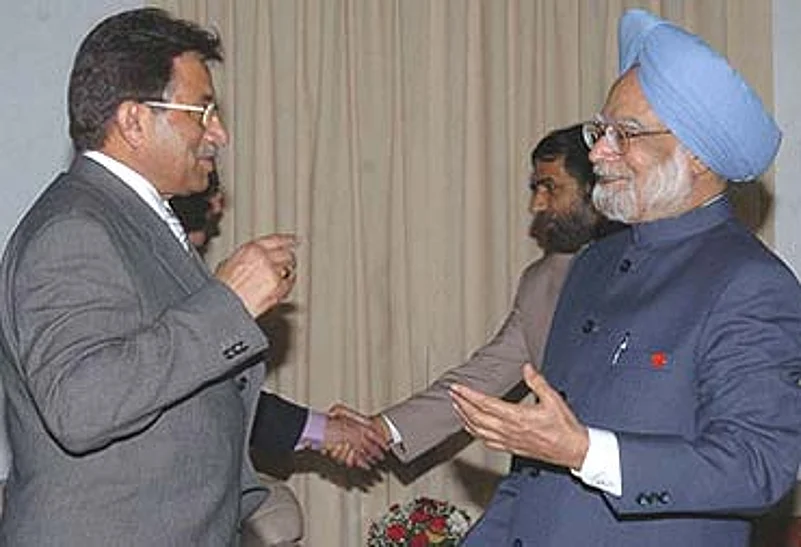
Reacting to the impasse over the Mumbai blasts, Najam Sethi, the editor of The Friday Times, wrote recently, "It is not just an environment of suspicion and mistrust in the midst of a stall in the Indo-Pakistan peace process which is at the root of it all. What is new is the revival of organisations like SIMI whose youths are now ready to act violently because of ghettoisation of Muslims."
Sethi says it would be a pity if the peace process was thwarted due to the Mumbai police's claims. "Analysts in India will be drawing ominous conclusions, based on the perception that Pakistan is arm-twisting India to come to the negotiating table on Kashmir. This would be unfortunate as the situation clearly has sinister internal security dimensions for both sides. The truth is, unless the two sides talk, neither will know how to start making concessions," he says.
Pakistan's former foreign minister Sardar Asif Ahmed Ali thinks the joint mechanism on terror may remain a non-starter because of the growing tension. "Even otherwise, the Indian establishment is not convinced that Pakistan has given up its policy of using terrorism as a weapon against India to achieve its strategic objective of annexing Kashmir and destabilising the rest of the country," he told Outlook.
But the Indian allegation against the ISI won't worry Musharraf as much as recent reports in the western media about the intelligence agency's support to terror networks. As former interior minister Aitzaz Ahsan told Outlook, "While the Pakistani establishment's strategy of promoting militancy in Kashmir and seeking strategic depth in Afghanistan are a known fact, the West has inexplicably not recognised the ISI's diabolic nature and intent. But now the West is finding it increasingly difficult to ignore the ISI's terror footprints worldwide."


















